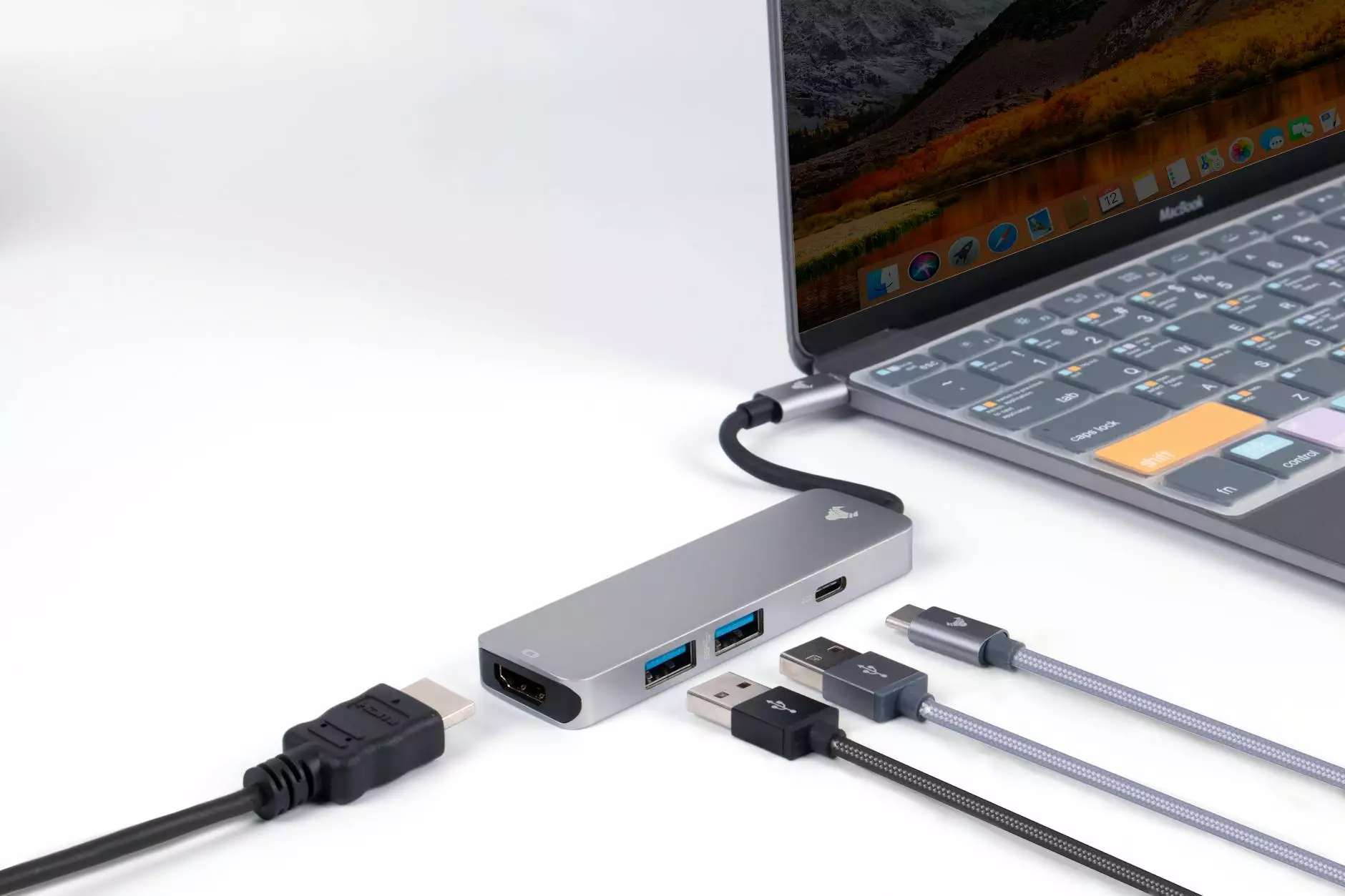Unlocking Safety: The Comprehensive Guide to Electronic Door Locks

In an age where security is paramount, electronic door locks have emerged as a revolutionary solution to safeguarding our homes and businesses. This article delves into the various aspects of electronic door locks, enlightening readers about why they are becoming the preferred choice for modern security needs.
The Evolution of Door Locks
Traditional locks have served humanity for centuries, but they come with inherent vulnerabilities. The advent of technology has paved the way for more advanced locking mechanisms. Electronic door locks signify a notable leap forward in security technology.
Understanding Electronic Door Locks
Electronic door locks utilize a digital mechanism to secure entrances. Unlike traditional locks that rely on a physical key, these locks can be operated via keypads, smartphones, or biometric scanners. This innovation brings a range of benefits, including improved security, convenience, and flexibility.
Key Features of Electronic Door Locks
- Keyless Entry: Eliminate the need for physical keys, reducing the risk of lost keys.
- Remote Access: Control your lock from anywhere using smartphone apps.
- Audit Trails: Monitor entry and usage through log records.
- Multiple User Access: Grant access to friends and family without needing to make copies of keys.
- Enhanced Security: Features like auto-locking and tamper alarms provide additional layers of protection.
Types of Electronic Door Locks
Understanding the various types of electronic door locks available on the market is crucial for selecting the right solution for your security needs:
1. Keypad Locks
Keypad locks require a numerical code to unlock. Users can easily change the code as needed, providing flexibility and security.
2. Smart Locks
Smart locks connect to your home Wi-Fi network and can be operated through a smartphone app, providing remote access and monitoring capabilities.
3. Biometric Locks
Biometric locks use unique biological traits—such as fingerprints or retinal patterns—for authentication, making them incredibly secure and user-specific.
4. RFID Locks
Radio-Frequency Identification (RFID) locks use cards or fobs to gain access. They are commonly used in hotels and corporate offices due to their convenience.
Benefits of Installing Electronic Door Locks
Switching to electronic door locks offers an array of benefits that enhance both convenience and security:
Increased Security
With the incorporation of advanced technologies, electronic locks provide superior protection against unauthorized access. Many models come with features such as alarm notifications and encrypted communications.
Convenience and Accessibility
With keyless entry, you can easily access your home or office without fumbling for keys. This feature is especially advantageous when your hands are full.
Enhanced Control and Monitoring
Smart locks enable real-time monitoring of who enters and exits your premises. This feature is critical for businesses and residences, providing essential communication about security breaches or unauthorized access.
Cost-Effective in the Long Run
Although the initial investment in electronic locks may be higher than traditional locks, their durability and advanced capabilities often lead to cost savings over time, especially by reducing the need for a locksmith.
Installation and Maintenance of Electronic Door Locks
Proper installation and maintenance are essential for the optimal performance of electronic door locks:
Professional Installation vs. DIY
While some electronic locks come with comprehensive installation guides, enlisting a professional locksmith may be prudent to ensure accurate installation, especially for high-security locks.
Regular Maintenance Checks
It is vital to perform routine checks on your locks to ensure they are functioning correctly. Replace batteries as needed and keep the lock clean to avoid malfunctions.
Choosing the Right Electronic Door Lock
When selecting an electronic door lock, consider the following factors:
- Security Rating: Look for locks with high security ratings from trusted organizations.
- Compatibility: Ensure that the lock is compatible with your existing door and security system.
- Features: Assess which features align with your security requirements (e.g., remote access, monitoring capabilities).
- Warranty and Support: Choose brands that offer solid warranties and customer support.
Security Concerns and Challenges
While electronic door locks come with substantial benefits, it is crucial to acknowledge potential challenges:
Power Dependency
Most electronic locks rely on batteries. If not regularly checked, this could lead to malfunction. Opt for locks with backup options or low-battery alerts.
Hacking Risks
Like any technology, electronic door locks can be susceptible to hacking. Choosing locks with robust encryption and security protocols can mitigate these risks.
Comparing Electronic Door Locks with Traditional Locks
When contrasting electronic door locks with traditional locks, the advantages are clear:
- Intuitive Technology: Electronic locks often come with user-friendly interfaces, while traditional locks can be cumbersome.
- Flexibility: You can easily change access codes or remove access rights with electronic locks, unlike traditional locks that require physical rekeying.
- Advanced Features: From tracking entries to remote locking, electronic locks provide functionalities that traditional locks simply cannot.
Future of Electronic Door Locks
As technology continues to evolve, the landscape of electronic door locks is set to change dramatically. With trends indicating a growing emphasis on smart home integration, advancements in biometric technologies, and enhanced security features, these locks are poised to become a standard in both residential and commercial properties.
Integration with Smart Home Systems
More consumers are investing in smart home ecosystems. Integrating electronic locks with systems like Amazon Alexa or Google Home offers unprecedented control and convenience.
The Rise of Biometric Securing
Biometric technology continues to advance, with more sophisticated traits being utilized for secure access, making unauthorized entry exceedingly difficult.
Conclusion
In conclusion, electronic door locks are redefining the realm of security. Their combination of convenience, advanced technology, and superior protection positions them as an indispensable asset for modern homes and businesses. Investing in these locks not only enhances security but also brings peace of mind in an unpredictable world.
For more information and a comprehensive range of products related to electronic door locks, visit kaukaban.com. Stay secure and embrace the future of locking technology!









